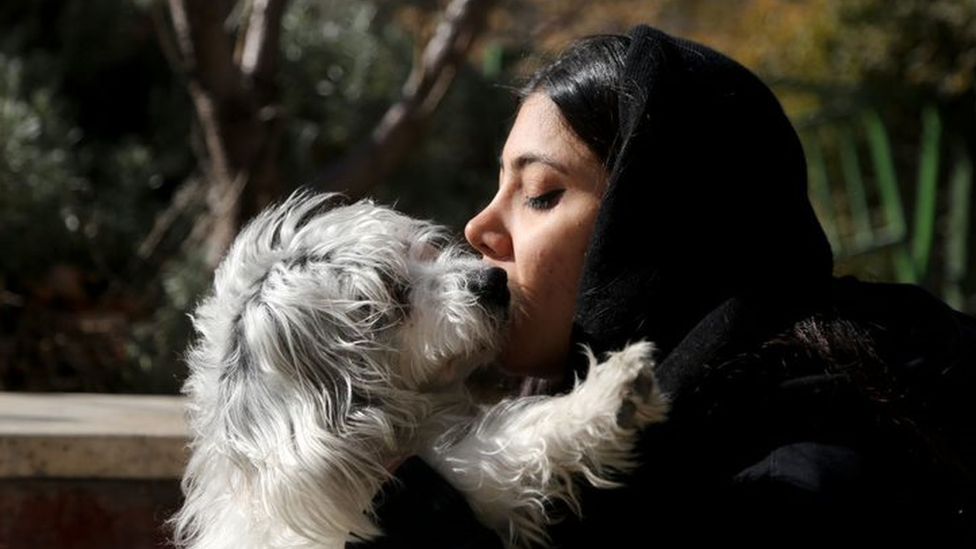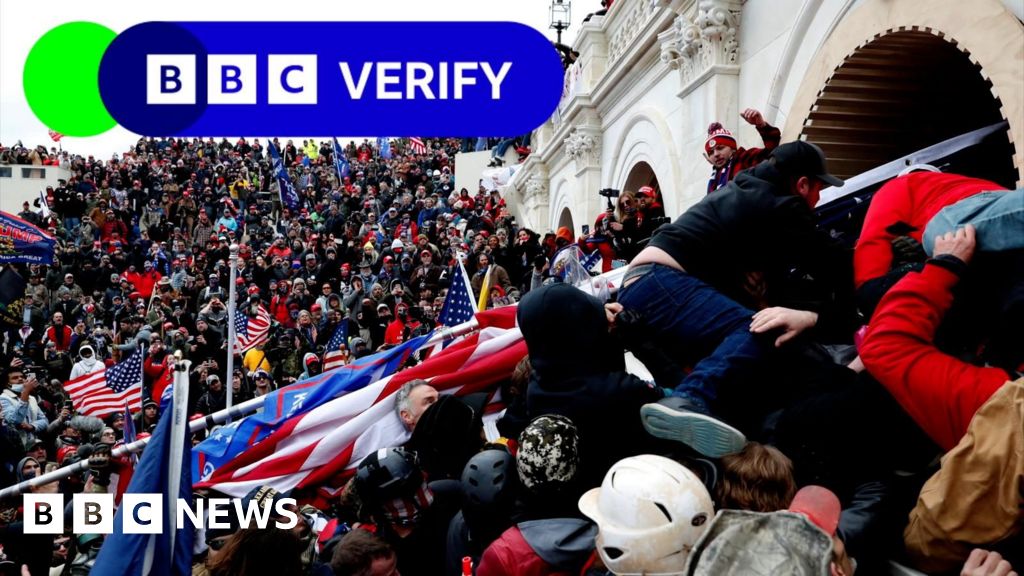ARTICLE AD BOX
By Ali Hamedani
BBC World Service
 Image source, Getty Images
Image source, Getty Images
New legislation could have drastic implications for pet ownership in Iran
"He looks at me with his innocent and beautiful eyes. He is asking me to take him out for a walk, but I don't dare. We will get arrested."
Mahsa, who has a dog, is referring to a new wave of arrests of pet owners and seizures of their animals in the Iranian capital, Tehran.
Police there recently announced that walking dogs in parks was a crime. The ban was justified as a measure to "protect the safety of the public".
At the same, the Iranian parliament could soon approve the Protection of the Public's Rights Against Animals bill, which would restrict pet ownership across the board.
Symbols of 'Westernisation'
According to the proposed legislation, pet ownership would be subject to a permit issued by a special committee. There would also be a minimum fine of around $800 (790 euros; £670) for the "import, purchase and sale, transportation and keeping" of a range of animals, including common pets such as cats, turtles and rabbits.
"Debates around this bill started more than a decade ago, when a group of Iranian MPs tried to promote a law to confiscate all dogs and give them to zoos or leave them in deserts," Dr Payam Mohebi, the president of the Iran Veterinary Association and an opponent of the bill, told the BBC.
"Over the years, they have changed this a couple of times and even discussed corporal punishment for dog owners. But their plan didn't get anywhere."
Image source, Courtesy of Dr Payam Mohebi
Image caption,Dr Payam Mohebi, president of the Iran Veterinary Association, is openly against the new bill
Keeping dogs has always been common in Iran's rural areas, but the animals also became a symbol of urban life in the 20th Century.
Iran was one of the first countries in the Middle East to pass animal welfare laws, in 1948, and the government funded the first institution to enhance animal rights. Even the country's royal family had dogs as pets.
But the 1979 Islamic Revolution, which saw Shah Mohammad Reza Pahlavi overthrown, changed many aspects of life for Iranians and their dogs.
Image source, Iranian Royal Family Collection
Image caption,Dogs became a symbol of urban life in Iran during the 20th Century, with even the shah's family keeping several as pets
The animals are considered impure in Islamic tradition. In the eyes of the new regime dogs also became a symbol of the "Westernisation" that it sought to curb.
"There has not been a solid regulation around owning dogs," Dr Ashkan Shemirani, a Tehran-based veterinarian, told the BBC.
"Police forces arrest people for walking their dogs or even carrying them in their cars based on their interpretation of what could be seen as symbols of Westernisation."
Dr Shemirani said the authorities even created a "prison" for the seized pets.
"We heard loads of horror stories from that place," he added.
"The animals were kept for many days in open areas without proper food or water while the dog owners were going through all kinds of legal trouble."
Image source, Getty Images
Image caption,Dogs are considered impure animals in Islamic tradition, and some Iranians see them as a symbol of "Westernisation"
Iran's economic woes following years of Western sanctions have also played a part in the new bill. Authorities have banned imports of pet food for more than three years as part of a push to preserve the country's foreign currency reserves.
In a landscape dominated by foreign brands, that meant a spike in local prices, especially after the establishment of an underground market.
"We are highly dependent on people who smuggle in food secretly," the owner of a veterinary clinic in the city of Mashhad told the BBC.
"The prices are now five times what they were just a few months ago."
The owner claimed that the locally produced pet food was not up to standard.
"The quality is very poor. Factories use cheap meat or fish, even expired ingredients," they said.
Feline trouble
But the new legislation is not only aimed at dogs. Cats are also included on a list of animals - even crocodiles are mentioned.
That is despite Iran being the birthplace of Persian cats, one of the world's most famous breeds.
The bill could create the paradoxical situation in which Persian cats could be potentially outlawed
"Can you believe that now Persian cats are not safe in their homeland?" a Tehran-based vet told the BBC.
"There is no logic behind this law. The hardliners want to show their iron fists to people."
Dr Mohebi, the Iranian Veterinary Association's president, called the proposed law "embarrassing".
"If parliament passes the bill, the next generations will remember us as people who banned dogs because they are dogs and cats because they are cats."
People like Masha are genuinely worried about their pets' futures.
"I won't dare to apply for permission for my 'son'," she said.
"What if they refuse my application? I cannot leave him on the street."

 2 years ago
20
2 years ago
20








 English (US) ·
English (US) ·